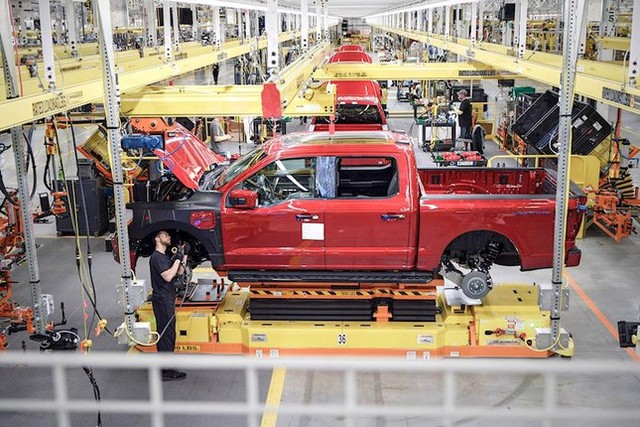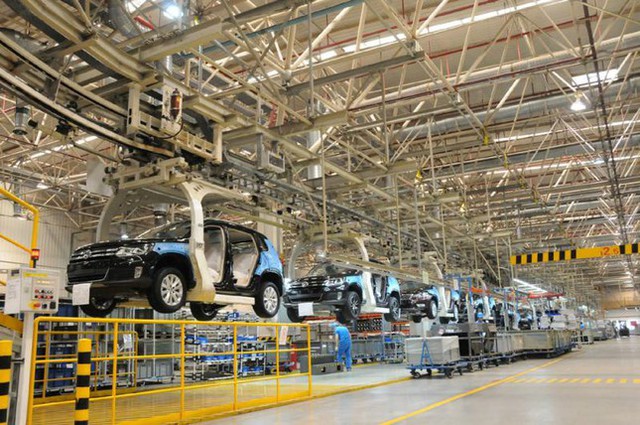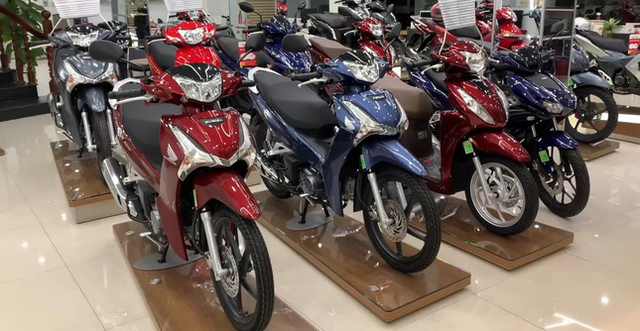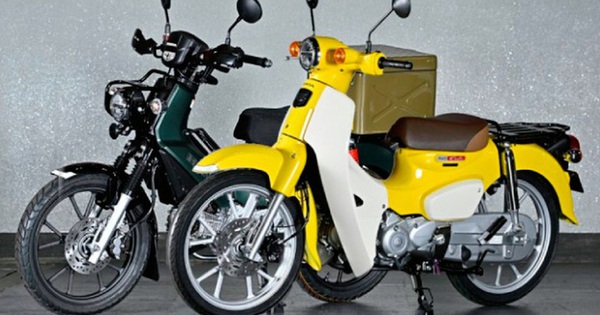Recently, on May 6, answering CNBC, CEO of Intel – the world’s leading component manufacturing company said that the chip shortage could last until 2024. “We estimate the shortage of quality Semiconductor may last longer than originally anticipated until 2023. This situation greatly affects our product plans,” said CEO Gelsinger.

Component shortages greatly affect the global supply chain
Meanwhile, the world’s problems from epidemics and political conflicts caused disruptions to the global supply chain. The outbreak of Covid-19 in China made it difficult to transport goods from one of the world’s largest ports, directly affecting prices. In addition, the conflict in Ukraine, one of the world’s largest suppliers of semiconductors, further worsens the supply chain picture.More than two years since the outbreak of Covid-19 worldwide, the epidemic has affected the economy in general and the global supply chain in particular. Many industries fell into a shortage of semiconductor chips and serious shortages of components such as the electronics industry and the automobile industry.
CEO Isao Matsumoto (Kyoto-based chip maker) said that the company’s orders for big brands such as Toyota, Ford, and Honda have accumulated a lot even though they have been operating at full capacity since September. last year. The company believes that it is unlikely to fully pay the finished products for the above brands this year.
 |
One of the world’s leading chipmakers, Infineon Technologies AG, also warned that supply chain disruptions could last much longer than anticipated. Especially in the context that more and more variants of Covid-19 appear and the disease cannot be controlled in many places.
Consumers probably won’t see the impact on a global scale, but just looking at the domestic auto market can see just how much of an impact this will have on automakers’ sales. The situation of buying a “beer with peanut” car happens often because demand exceeds supply, especially with “hot” models.

Many car models on dealer drip, even out of stock.
Earlier this month, TC Group (Thanh Cong Group) announced Hyundai sales results in April 2022. Accordingly, total sales of Hyundai vehicles in April reached 6,959 units, bringing the total in the first four months of the year to 25,629 units. Although summarizing the first 4 months of 2022, Hyundai car sales grew by 14.3% over the same period in 2021, but in April 2022, sales decreased compared to March 2022.
According to TC Group, the business results of growth in the first 4 months of the year were due to the stability of the socio-economic situation when the Covid-19 epidemic was stabilized and under control.
However, the global semiconductor crisis and shortage of high-tech chips and components continue to affect the ability to supply some Hyundai-branded products in Vietnam. Models like SantaFe, Tucson still cannot meet the increasing customer demand.
The sales consultant of a Honda dealer in Hanoi said about the shortage of supply: “Currently, there are 1 or 2 cars left at the dealer, not enough versions and colors. The number of cars coming to the dealer is very small. Many models are out of stock.” This situation is made public by many companies to users to have their projections and plans for purchasing products.
In addition, the import and export control policies of many countries have also greatly affected the logistics sector. Many brands, due to not being able to access the supply of components, had to temporarily suspend or close part of their production lines.
In addition, the context of the “new normal” also increased market demand when there was a need for students to travel back to school, and employees to go to work after a period of hiatus.

The motorcycle market also witnessed a decline in sales of major brands, although purchasing power was still high.
In the field of motorcycles in Vietnam, the brand that holds the largest market share, Honda, also fell into a shortage. Starting from April, Honda Vietnam faced a decrease in the average production output of some locally produced scooter models. This situation is expected to continue in the coming months when currently scooter output in May is expected to decrease by 73% compared to the original plan.
at Blogtuan.info – Source: autopro.com.vn – Read the original article here



